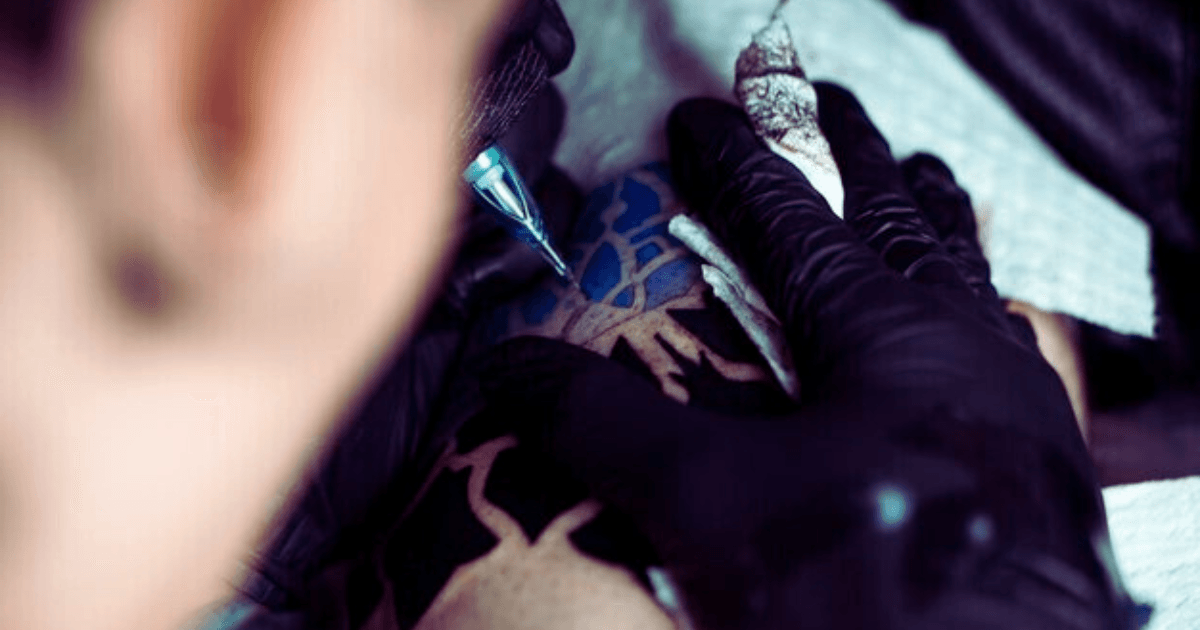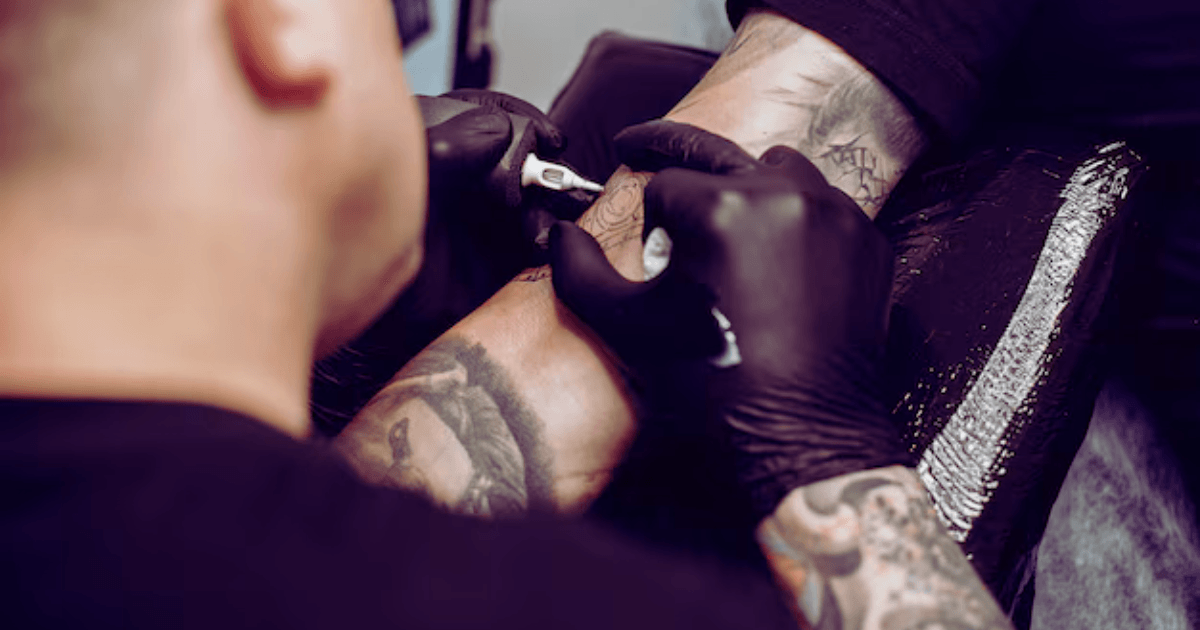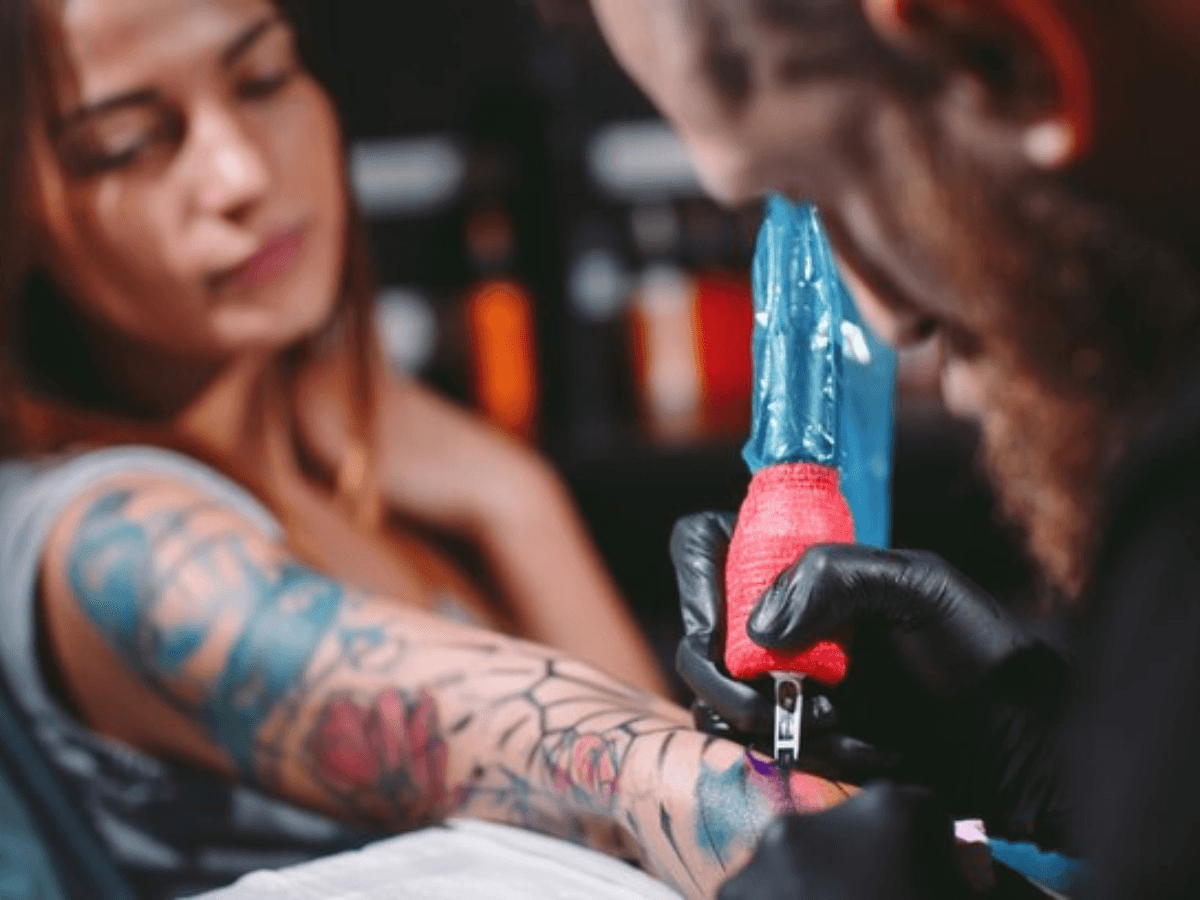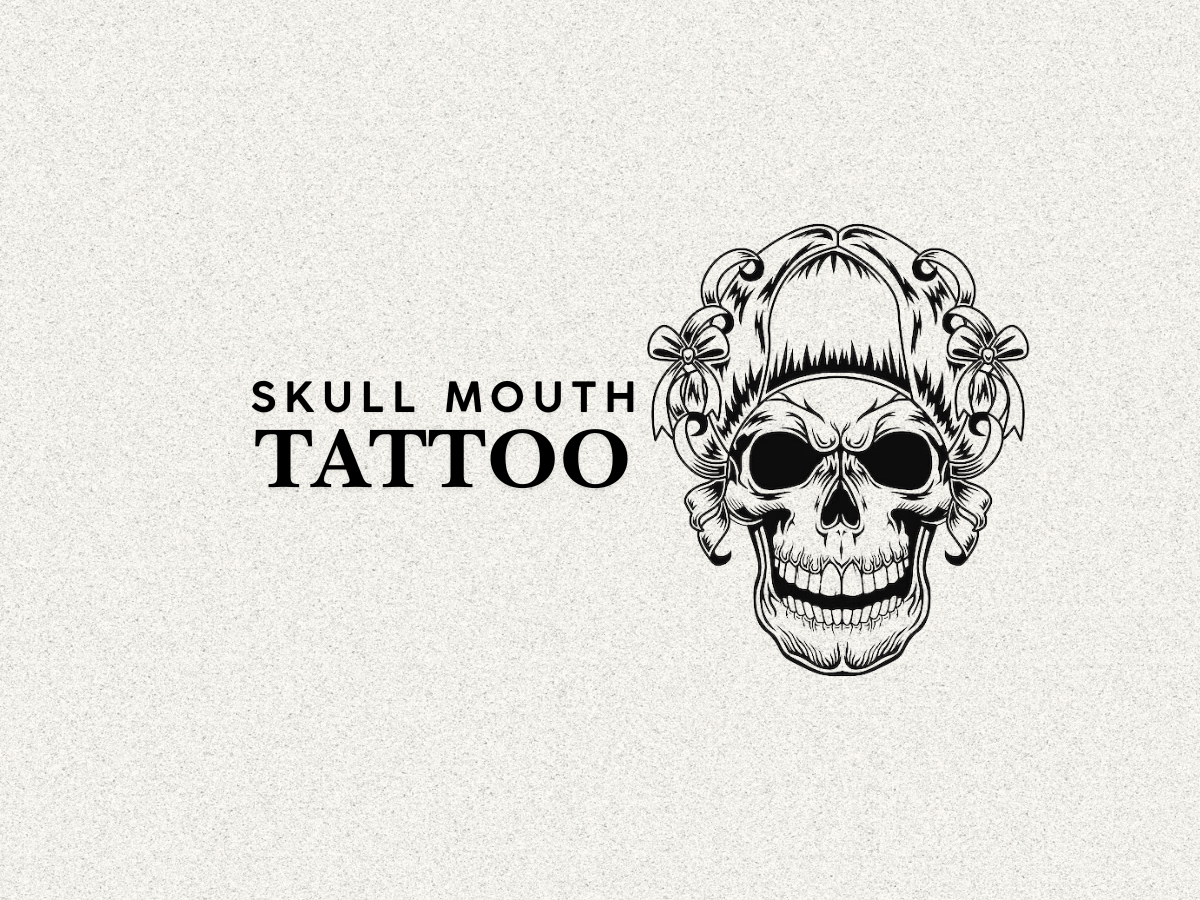Introduction
Yes, you can retouch your tattoo if it fades or looks unclear. Just wait until it heals completely and go to a good tattoo artist for the best results. However, keep in mind that retouching your tattoo too often can become a problem also.
In this article, we will find out that when can you retouch your tattoo.

Understanding Tattoo Retouching
What Is Tattoo Retouching?
- Making faded lines and colors look fresh again.
- Fixing mistakes or uneven parts in the design.
Adding new details to improve the tattoo’s overall look.
Retouching is different from cover-ups because it improves the original tattoo instead of covering it up.
Why Do Tattoos Fade?
Tattoos can fade due to several factors:
- Sun Exposure: Sunlight fades tattoos gradually.
- Aging Skin: Natural skin aging can affect tattoo clarity.
- Poor Aftercare: Not taking care of a tattoo properly can make it fade too soon.
Ink Quality: Low-quality ink may not last as long as professional-grade ink.
When Should You Retouch Your Tattoo?
Timing Is Key
Touching up a tattoo too early can cause more harm. Here are some basic timing tips:
- Fresh Tattoos: Wait at least 6-8 weeks for the tattoo to heal fully before considering retouching.
- Old Tattoos: There’s no time limit for retouching older tattoos; it can be done years after the initial work.
Signs You Need a Retouch
- Fading lines or colors.
- Uneven shading.
- Areas of the tattoo that appear patchy or incomplete.
- Desire to enhance or modernize the design.
You may also like: Why Would An Inmate Get A Skull Mouth Tattoo

Preparing for a Tattoo Retouch
Evaluate Your Tattoo’s Condition
Take a close look at our tattoo before scheduling a retouch session. Decide which parts need fixing and imagine how you want it to look.
Consult Your Tattoo Artist
- Original Artist: Go back to the first tattoo who did your first tattoo. They’ll know the design better.
New Artist: When you choose a new tattoo artist remember to make sure they have experience with retouching and restoring tattoos.
Consider Your Skin Type
Skin conditions like eczema or heavy scarring can impact the retouching. Talk to your artist about these issues before the session.

The Tattoo Retouching Process
Step 1: Consultation
Your artist will discuss your expectations and examine the tattoo. They might suggest changes to improve the design’s longevity and aesthetics.
Step 2: The Retouch Session
- Duration: Retouch sessions are usually shorter than initial tattooing sessions.
- Pain Level: Retouching can be more painful since the skin has already endured trauma.
- Techniques Used: Artists can touch up the lines. They can add shading or smooth out the colors to make everything look perfect.
Step 3: Healing Process
Retouched tattoos require similar aftercare as fresh tattoos:
- Keep the area clean and moisturized.
- Avoid direct sunlight.
- Follow your artist’s specific aftercare instructions.
Costs of Tattoo Retouching
Factors Influencing Costs
- Tattoo Size: Larger tattoos may require more extensive retouching.
- Complexity: Intricate designs take more time and skill.
- Artist Experience: Seasoned artists may charge more for their expertise.
Is It Worth It?
Retouching can significantly extend the life of your tattoo and restore its original beauty. Think about the cost compared to how much your tattoo means to you and how it looks.
You may also like: Does Joe Alwyn Have Tattoo

Potential Challenges in Tattoo Retouching
Skin Condition
Sensitive skin can affect how the retouch turns out. Always let your artist know about any changes to your skin.
Ink Compatibility
New ink may not blend perfectly with old ink. Discuss pigment choices with your artist to ensure consistency.
Multiple Sessions
Too much faded tattoos might need more than one session to fix, especially if the work is tricky.
How to Prevent Future Fading
Practice Proper Aftercare
- Follow your artist’s instructions for cleaning and moisturizing.
- Avoid picking at scabs during healing.
Use Sun Protection
Stay Hydrated and Healthy
Healthy skin retains ink better. Drink as much water as you can and maintain a balanced diet.
Alternatives to Retouching
Tattoo Cover-Up
If you don’t like your tattoo then a cover-up can be a better choice. Also, discuss this with your artist to explore creative ideas.
Tattoo Removal
In some cases laser tattoo removal can help erase unwanted tattoos. It’s a costly and time-consuming process but it’s an option if retouching or covering up isn’t possible.

Conclusions
If you want a touch-up, have a conversation to a trusted tattoo artist to check your options and update your tattoo.
FAQ's: Can I Retouch My Tattoo
Q1: Is retouching painful?
Ans: Yes, retouching can be painful, especially if the skin hasn’t fully healed or is particularly sensitive.
Q2: How long does a retouch session take?
Ans: Sessions usually take 1-2 hours, depending on how big or complex the tattoo is.
Q3: Can all tattoos be retouched?
Ans: Most tattoos can be retouched. However tattoos with a lot of scarring or low-quality ink may need other solutions.






